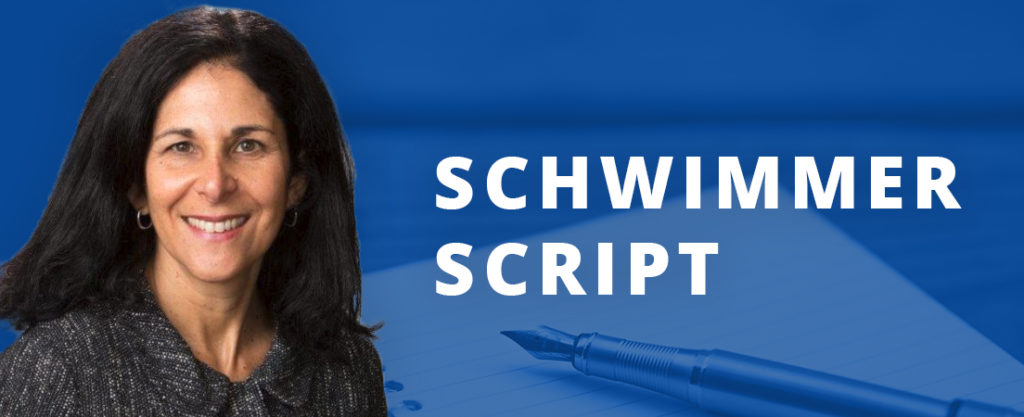Medical marijuana is a multi-faceted issue. It’s now legal for a range of medical conditions under the recently expanded New Jersey state law, but continues to be illegal under federal law.
Health care facilities are unsure what to do when, say, a cancer patient, clearly benefiting from using marijuana at home, is admitted. Can they dispense the marijuana? Where should the drug be stored? Hospitals, nursing homes, and hospices, regulated by the federal Centers for Medicare and Medicaid Services (CMS), have legitimate concerns about handling an illegal Schedule 1 drug.
But they also don’t want to restrict access to a medicine that’s reducing a patient’s suffering.
Despite the contradictions, most health care systems and providers lack consistent and person-centered policies for their patients who use medical marijuana.
Last week, we brought together experts from around the state for a Quality Breakfast: How to Prepare For the Expansion of Medical Marijuana in New Jersey. We had a lawyer, physicians, a state health regulator, hospital CEO, pharmacists, a public health official, state legislator and people from the marijuana industry who all candidly and compassionately shared their perspective on how to move forward now that tens of thousands of eligible New Jersey residents are joining the state-run medical marijuana program.
We’ve long heard from Quality Institute members who told us they need greater clarity, guidance, and education. Even health care providers who choose not to participate in the medical marijuana program want to be ready to answer questions from their patients. And providers need to know how their patients’ other prescribed drugs may interact with marijuana.
One message clearly emerged from our Quality Breakfast: The health care community must have a seat at the table. The state, medical marijuana companies, and patients need to engage with the health care community to set product safety standards and consistency to ensure safe access to medical marijuana.
We also need educational requirements for medical providers and for anyone working in a dispensary. There currently are at least 10 other states that require some level of education, including two in our region: Pennsylvania and New York.
At the Quality Institute, we are working with Medical Marijuana 411 (MM411), one of the first medical marijuana education providers to offer online, enduring CME, CPE and CNE courses to physicians, pharmacists and nurses, to provide free educational opportunities to our members. As more patients, members, or employees use medical marijuana, it’s critical that our members and their organizations prepare for the regulatory requirements and also address patient safety. We invite our members to participate in one free medical marijuana CME 10 credit activity in AMA, ANCC or ACPE credits. Our members can also receive up to 40 percent off any additional education for their organization. (Please contact Tyla Housman at thousman@njhcqi.org to participate.)
Other key points that emerged from our gathering were:
- The importance of putting the patient first by creating internal policies at health systems and giving providers the tools to provide evidence-based advice that keeps their patients safe.
- We need reporting requirements for adverse drug events to enable the state to stay ahead of safety issues to avoid another crisis, such as those seen with vaping or opioids.
- Research is needed, especially into a biomarker to test for marijuana impairment.
- While marijuana provides relief to many individuals, when use goes to scale, what are the broader implications to our residents’ health — especially when it’s smoked?
At the Quality Institute, our role as a convener prompted us to bring all these perspectives together, including the voices of providers who are navigating conflicting laws in an effort to help their patients. It’s clear that there is much more work to be done and we look forward to working with our members to ensure the health care community plays a stronger role in this important conversation.

